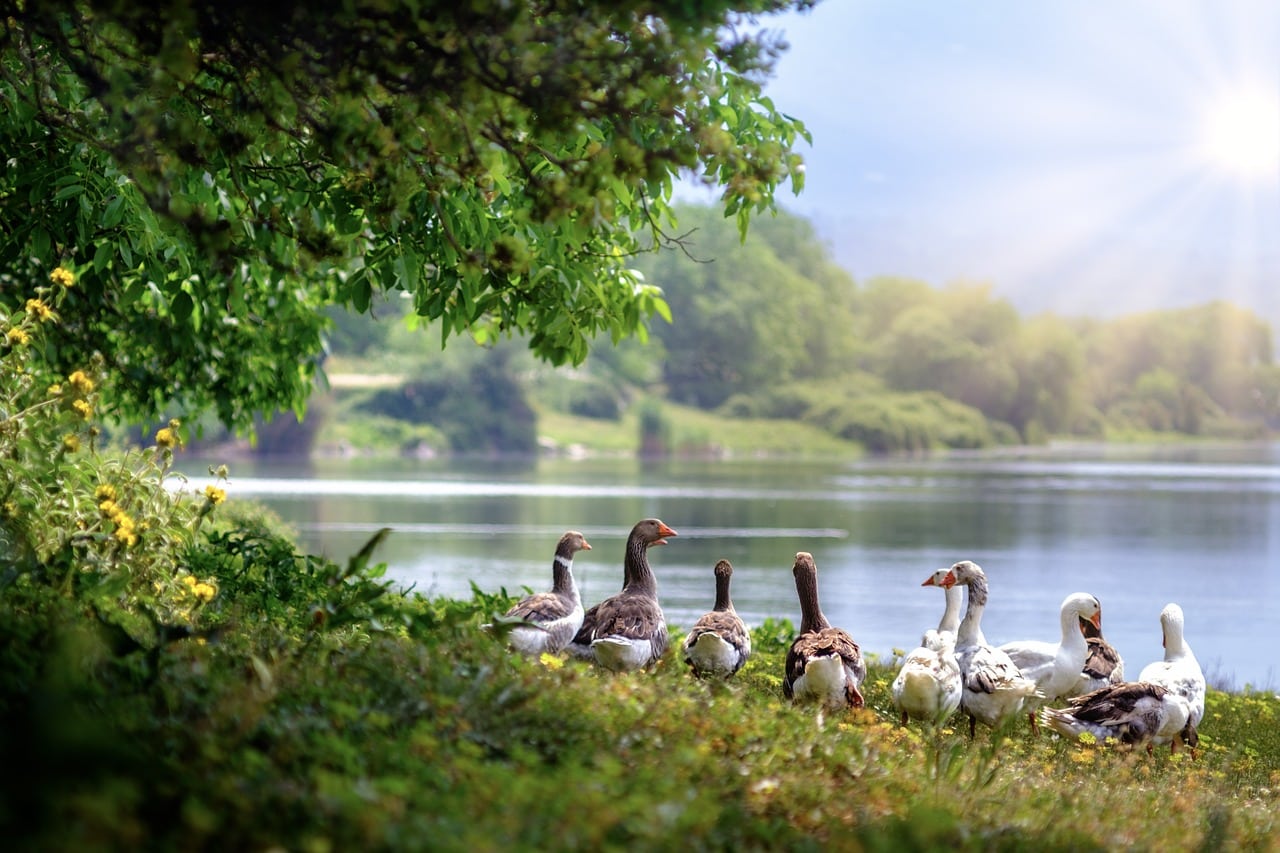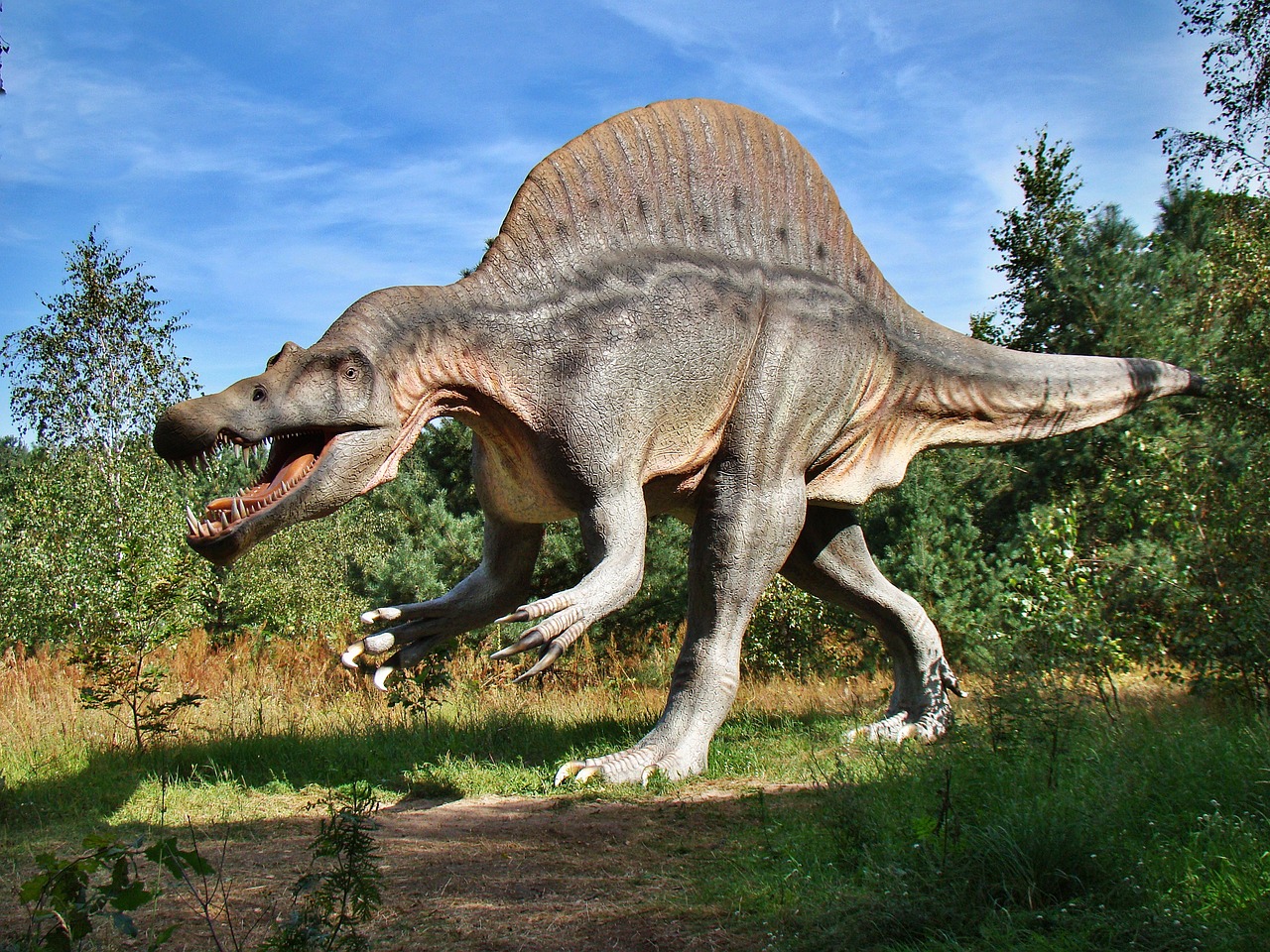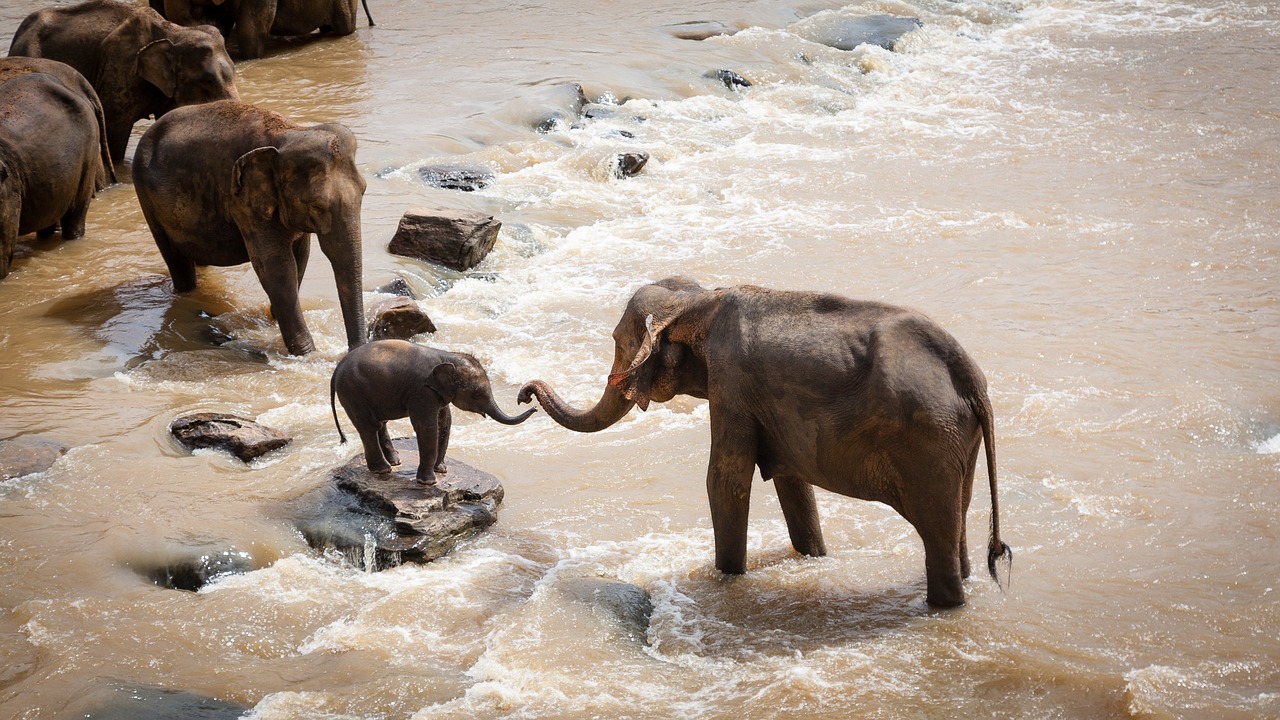
The environment is better known, appreciated and cared for by applying naturalistic intelligence.
Naturalistic intelligence is one of the many abilities or capacities of human beings. It is framed within the theory of multiple intelligences that the American psychologist Howard Gardner proposed decades ago.
Thanks to it, experts on these issues say, humanity has managed to connect with the environment since ancient times, learning to exercise the ability to observe each element that makes up nature and develop empathy for each living being.
That man (and woman, of course) has been able to connect with the natural environment, understand what the links between different species are like, educate themselves about each ecosystem and positively take advantage of natural resources has been essential in the process of evolution .
A day dedicated to learning about and carrying out work in rural areas, a visit to a laboratory or science center and healthy habits such as hiking strengthen interest, knowledge and admiration regarding the magic of the environment and the natural balance that is evident. on Earth .
Components of naturalistic intelligence
There are components of naturalistic intelligence that are theoretical, focused on academic knowledge, and others that are acquired over time and are enhanced through multiple experiences.
Thus, throughout life one incorporates data from zoology , biology , botany , ecology , meteorology , geology and other areas of study, while discovering phenomena, realities and processes from practice. .
Observation, the ease of distinguishing organisms, expertise in identifying habitats or other issues, and experimentation are abilities that enable the development and deepening of naturalistic intelligence .
Strategies to strengthen the link with the environment
To enhance the link with the environment, there are strategies that can be adapted to people of different ages and even constitute a tourism plan.
Tours or journeys that prioritize the contemplation of landscapes, categorized within the so-called ecotourism , are ideal for those who want to marvel at the magic of nature up close, leaving the smallest possible negative footprint on the environment and local populations. Preservation, sustainability and responsibility are the bases that support this modality that conceives biodiversity , geological formations , habitats , flora and fauna as values in themselves, without leaving out the cultural expressions that They exalt the connection between people and nature .

The extinction of species, the destruction of natural resources, the worsening of climate change and other types of environmental deterioration are of interest to those who develop naturalistic intelligence and care about the planet.
Performing outdoor recreational activities (alternatives on land, water and air abound), taking excursions or walks to museums and science spaces in order to appreciate everything from natural phenomena to dinosaur fossils are other sources of learning at the service of intelligence. naturalist . Also reading specialized scientific literature helps to educate oneself about taxonomy , climate change , biogeography and food webs , to name a few possibilities.
Practical applications of naturalistic intelligence
The practical applications of naturalistic intelligence are detected in the academic universe (with teaching, education, pedagogy and learning) and reach economic activities, hobbies, policies for the conservation and management of natural resources and philosophies of life respectful of the natural environment. .
Those who cultivate and deploy naturalistic intelligence to the fullest feel, for example, a great commitment to caring for the planet. Actively joining the fight against climate change and campaigns focused on respect for nature can be one of your most notable actions.
Children, young people and adults who are enthused by naturalistic intelligence show an intense passion for caring for animals (usually pets) and plants . They are capable of investing time and money to rescue and give dignity to both a homeless dog or cat and other species that they discover in captivity (as has happened more than once with reptiles victims of illegal wildlife trafficking) or wandering along beaches or public roads (areas where everything from penguins to deer have been found and taken to safety).
The decision to graduate as veterinarians or biologists, delighting in one's own home with gardening tasks and entertaining oneself by watching documentaries about the animal kingdom are other typical traits of people with a high environmental sensitivity whose naturalistic intelligence rises to high levels.

Elephants, intelligent, sociable and very memory-loving beings, favor other species of animals by opening paths for them in forested areas and provide collaboration if an organism is in danger.
Training as a naturalist guide and the promotion of ecotourism also give naturalist intelligence a relevant role. In this context, techniques aimed at bird watching and the recognition and appreciation of native flora and fauna come into play, for example.
Combining naturalistic intelligence, technology, appropriate equipment and curiosity, it also stimulates and benefits scientific research that aims to answer a huge number of questions that still exist around microorganisms , mammals , plants , etc.
